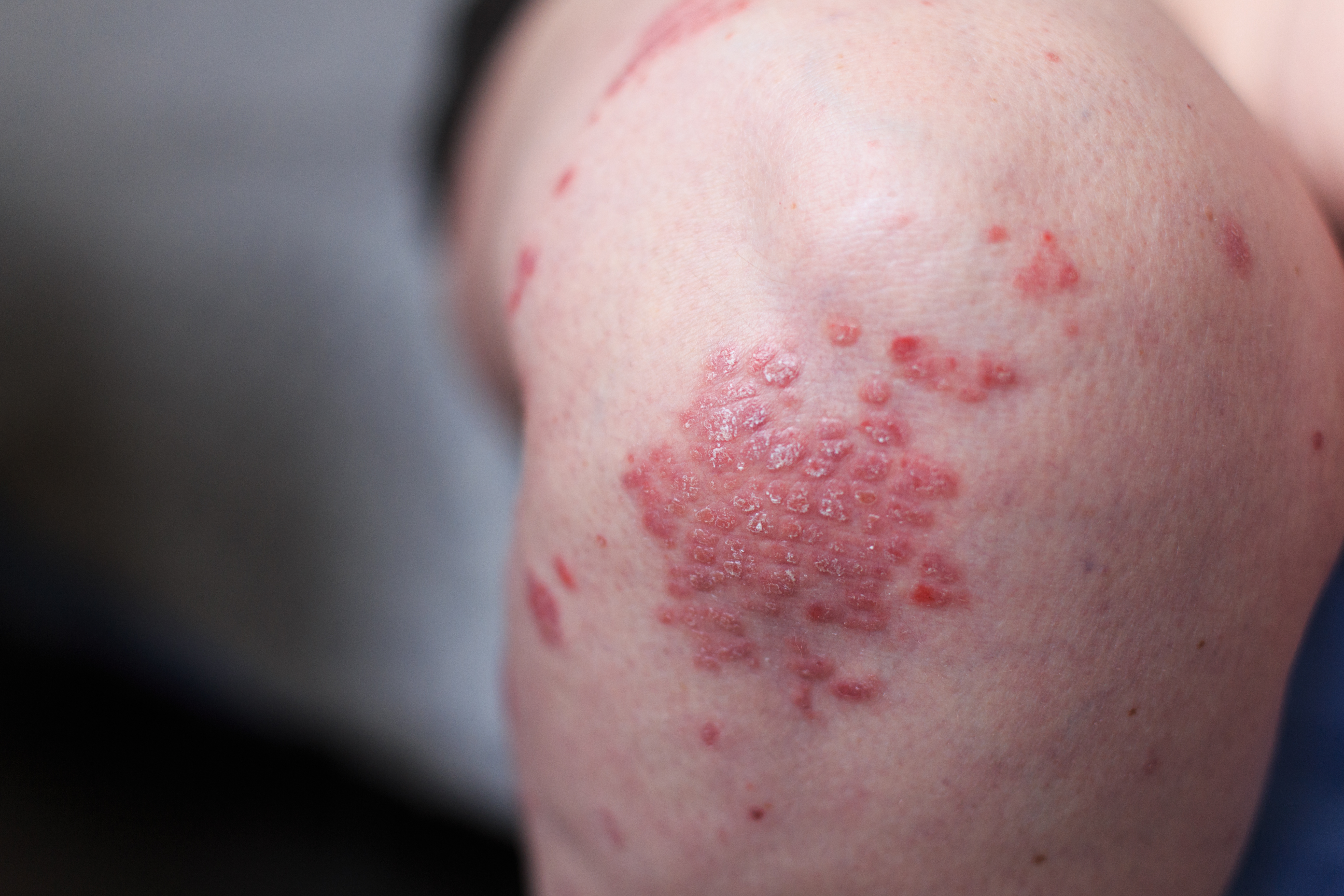Psoriatic arthritis is a condition that makes everyday life challenging. When you’re diagnosed with psoriatic arthritis, you’re dealing with joint pain, stiffness, swelling, and skin woes like lesions and scales.
And as this disease flares and goes into remission, it can be difficult to manage your painful symptoms. Living with psoriatic arthritis means you have to constantly focus on your health and work to alleviate potentially disabling joint pain.
 But with the right tips and knowledge, managing psoriatic arthritis and its symptoms can help you live life fully. Though there’s no cure for psoriatic arthritis, you can use the following daily tips to manage your flare ups and pain.
But with the right tips and knowledge, managing psoriatic arthritis and its symptoms can help you live life fully. Though there’s no cure for psoriatic arthritis, you can use the following daily tips to manage your flare ups and pain.
Keep Up With Your Treatment
One of the biggest components of managing psoriatic arthritis is treating the condition. Medications can help slow the progression of this disease and work to prevent as much joint damage as possible.
This means keeping up with your treatment is important for managing your symptoms, your flare-ups, and your everyday pain. Making sure to take your medications daily, or as needed, will help both with arthritis and psoriasis on your skin. You can, if recommended by your doctor, also use pain relievers like Tylenol or Aleve to supplement your daily pain.
Staying on top of your treatment will prevent problems down the road too. As the National Psoriasis Foundation¹ explains, once psoriatic arthritis has caused bone damage, you’ll start to lose function – and if that continues, you can’t regain it.
Stick to a Healthy Diet
Eating the right foods can actually have an effect on your psoriatic arthritis. The food you eat could either help prevent flare-ups or inflammation – or they could potentially cause them.
According to RheumatoidArthritis.org², certain foods can trigger psoriatic arthritis. If you’re managing your symptoms, you’ll want to avoid these foods: gluten, sugar, dairy, and tomatoes. These foods, or food items with these ingredients, can potentially make your condition worse.
However, there are foods that can help soothe your psoriatic arthritis. If you incorporate anti-inflammatory foods and foods rich in antioxidants into your diet, you can better manage your condition. Eating foods like walnuts, flaxseed, and fish will reduce inflammation, while kale, broccoli, carrots, spinach, and blueberries are all high in antioxidants.
Lower Your Stress Levels
You already know being stressed out isn’t good for your health – but did you know it can actually make psoriatic arthritis and its symptoms worse? As Everyday Health³ explains, stress can make the pain you feel because of psoriatic arthritis worse.
So, if you need to manage your pain, it’s important to lower your stress level. And you can do this by trying stress-reducing activities. You can meditate, practice yoga, or simply relax in a warm bath, with a soothing nap, or with a low-stress hobby like reading.
Exercise Regularly
Exercise is important for your overall health. But it’s also a very beneficial tool for managing psoriatic arthritis too. Getting moving on a regular basis can keep you healthy in more ways than just getting fit; you’ll build strength and stay active.
And, according to Everyday Health⁴, regular exercise also relieves some symptoms of psoriatic arthritis. Exercising can reduce your pain, help you fight fatigue, and improve your mood. You can start out with any level of movement you can tolerate – stretching and yoga are great options. As you build strength, you can incorporate more rigorous workouts or weight-based moves.
Use Hot and Cold Therapy on Your Hands and Feet
A great way to manage the pain that psoriatic arthritis causes is hot and cold therapy. Inflammation can make your joints feel hot and irritated, and sometimes they might grow stiff and difficult to move.
Alternate hot and cold therapy to reduce your pain. If your joints are aching and stiff, apply heat via an electric heating pad, a heat pack, or a warm bath. If your joints are hot and inflamed, apply an ice pack to cool them. Together, these therapies can give you quick freedom from daily pain.
Find a Support System
If you’re feeling frustrated, isolated, or sad because of your psoriatic arthritis, it’s important to know you aren’t alone. Your painful symptoms and skin lesions may make you want to stay inside and avoid the larger world, but there are many people who understand what you’re experiencing.
A good way to manage the emotional effects of psoriatic arthritis is to find a support group. Health.com⁵ suggests searching for a support group of others with the condition online – the National Psoriasis Foundation and the Arthritis Foundation can connect you with others in your area. You can also join online support groups, where you can talk with others about your experiences and health.
These support groups, whether in person or online, can give you a community of people who relate to and understand you. You can share your experiences, discuss your symptoms and concerns, and find advice from others who’ve been in your shoes.


